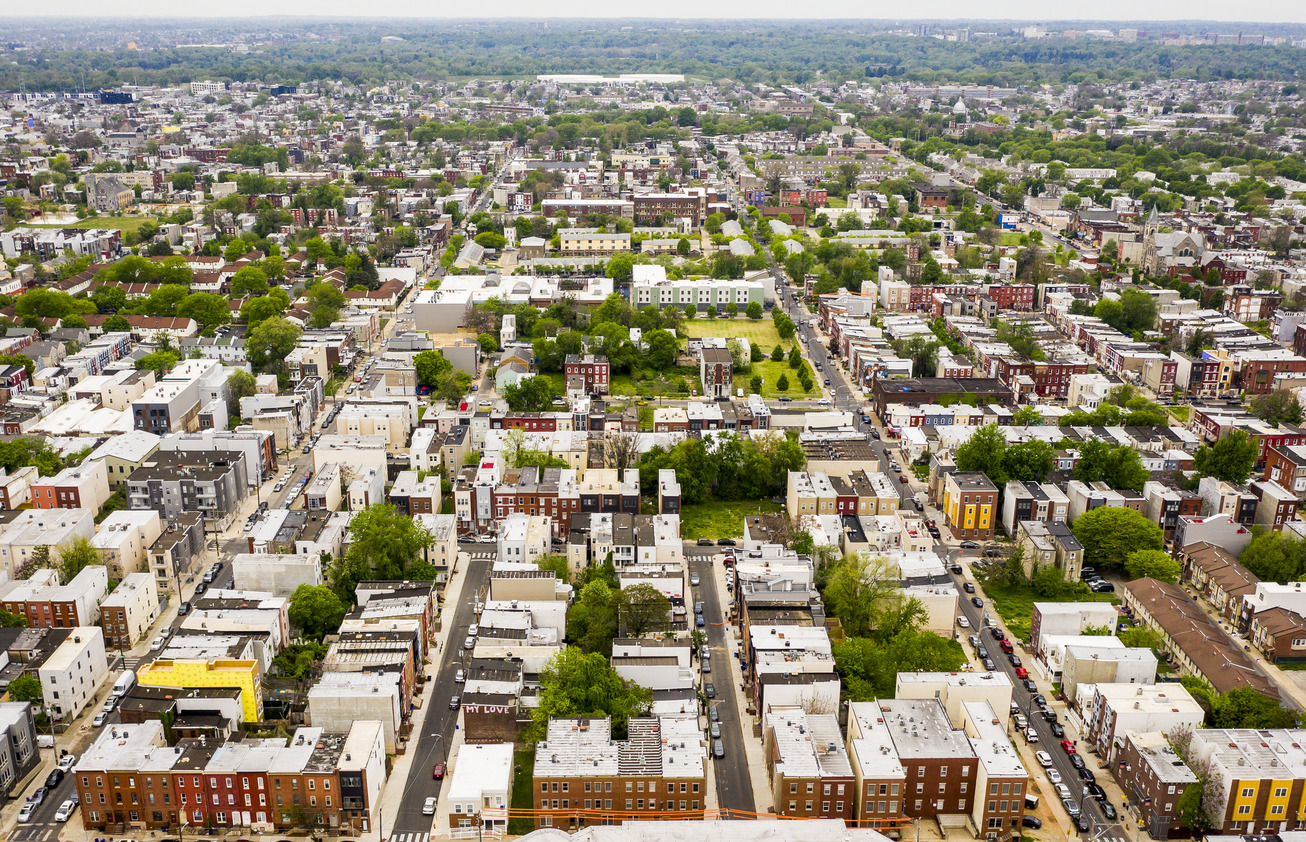The Logan Center for Urban Investigative Reporting, based at Temple University’s Klein College of Media and Communication, is a newsroom focused on community-based investigative journalism. Its team is made up of Temple students, media partners, community members and neighborhood leaders. Content produced by the Logan Center focuses investigations into gun violence, education, housing and other issues facing Philadelphia.
“I think the reporting we do here is really important for the community, but also for the students to get exposure to long-term, deep-dive, investigatory reporting that not only helps develop their skills, but also helps the community have a voice,” said Colin Evans, the data editor for the Logan Center.
At the beginning of February, the Logan Center published an investigative piece that looked at how threats of United States Immigration and Customs Enforcement (ICE) raids were impacting schools in Kensington. It was featured in Kensington Voice and ChalkBeat Philadelphia.
When United States President Donald J. Trump took office in January, the Department of Homeland Security lifted restrictions that prevented ICE from entering hospitals, churches and schools. Many immigrant communities have grown fearful of mass deportations and raids.
Jillian Bauer-Reese, associate professor of journalism and executive director and editor of the Kensington Voice, approached Yvonne Latty, professor of journalism and director of the Logan Center, with the project. Bauer-Reese wanted to focus on how families in Kensington, an area with a large Latino population, were responding to concerns of ICE raids in schools. She also collaborated with the editor of ChalkBeat on this idea.
Evans was eager to start on this project, knowing that the subject was vital and timely.
“We knew that the announcement [lifting restrictions] had caused a lot of parents and students to be fearful that either them or people they knew would be deported, and that schools could be a target for those raids,” explained Evans. “We wanted to go into Kensington and…try to highlight some of those fears and also give people information about what they can do if an ICE raid actually were to occur at a school.”
The reporting was conducted primarily by graduate students in Latty’s Urban Reporting Lab II course. Half of the students went in pairs to different schools in Kensington, while the other half were making phone calls to city officials and community leaders. The entire reporting process took an hour and 20 minutes.
“That’s literally what it was. I just sent an email, and I said, ‘we’re changing the class plan, that is what we’re doing today,’” said Latty. “I grouped them in pairs, and they did all the reporting during class time.”
Latty felt that this project would be the perfect way for students to gain real-world reporting experience and a timely political issue.
“I thought it would be a really good way to teach students how to do little things a little bit faster paced, a little bit more deadline[-driven] and with a little bit more urgency than I think they might be used to,” Latty said.
Latty also believes it’s important for her journalism students to face the challenges reporters experience in the field. She noted that, as public mistrust of journalists grows, it’s harder for reporters to get the truth out.
“In school, if it doesn’t go well, or you cry, it doesn’t matter, but if you’re working in a job and it happens, it’s not good,” Latty said. “So, I think it’s good for them to see some of the challenges that reporting faces…Reporters aren’t loved like they were 50 years ago. You’ve got to figure out how to navigate that kind of situation, because in the end, the community does want you to report on them. I mean, they’re upset because you haven’t. That’s really where a lot of the anger comes.”
For both Latty and Evans, investigative reporting should always be helping people. The Logan Center does an excellent job of ensuring that their work is done with this in mind.
“I think the mission at the Logan Center has always been grounded in helping the community,” said Evans. “We try and look for ways in which our journalism can have either a direct impact by informing our readers or making some sort of change at the city level.”
Latty hopes readers of both articles will understand that the Logan Center will continue to support and listen to the underrepresented community members of Philadelphia.
“I hope that they see what we see, and that we’re asking them how they feel about things,” Latty said. “More than anything, I want for the vulnerable communities to see that we’re watching and that we care and that we’re finding the stories by asking them, not by sitting in a room and trying to think it up ourselves.”
Evans encourages other newsrooms to follow the Logan Center’s mission.
“It’s easy to do journalism that can have a positive effect on people’s lives,” said Evans. “It can take just an hour to report a story like this. You don’t have to be afraid, because what we’re doing is something noble and something that is really good for the community.”

